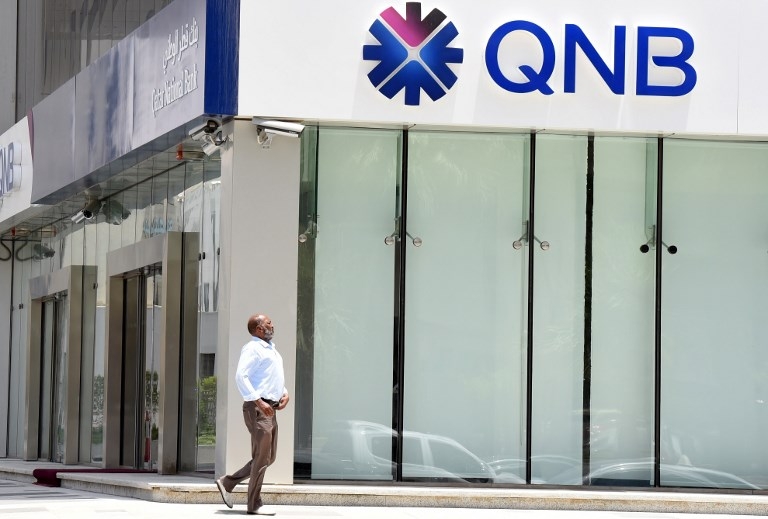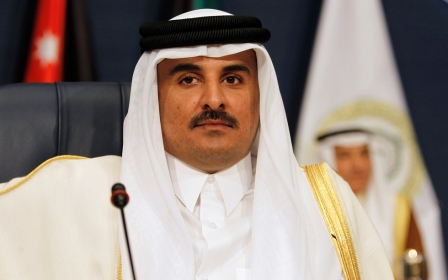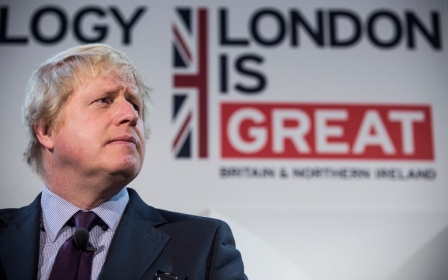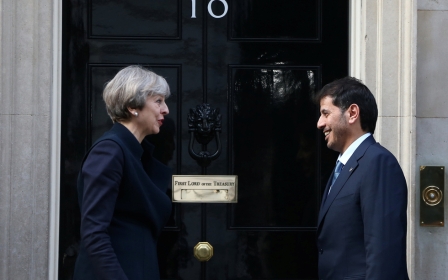Qatar restructures sovereign wealth fund as blockade continues

Qatar's sovereign wealth fund has transferred over $30 billion worth of its domestic equity holdings to the finance ministry and may sell other assets as part of a restructuring drive, people familiar with the matter told Reuters.
Stakes in 18 companies were transferred earlier this year, before Qatar's diplomatic rift with other Gulf states.
The stakes include major holdings in some of the country's top firms such as Qatar National Bank, telecommunications operator Ooredoo and Qatar Electricity & Water Co.
The Qatar Investment Authority, one of the world's largest sovereign funds, moved the holdings as part of efforts by the entire government to become more efficient and generate higher returns, the sources said.
"The assets were transferred so that the Ministry of Finance could oversee these holdings in a more active manner," one of the sources said.
He added, "Under the rule of Sheikh Tamim, Qatar is moving into an era of greater government scrutiny and oversight of funds. The finance ministry has a hands-on approach to public investments."
A second source said an internal restructuring of the QIA had started earlier this year, aiming to ensure the fund focused on its strengths, particularly international investing.
The QIA declined to comment, while the finance ministry did not respond to requests for comment.
The QIA, which rarely discusses its operations publicly, is believed to have over $300 billion of assets around the world.
The holdings transferred to the finance ministry include stakes across the country's banking industry: Islamic lender Masraf al Rayan, Ahli Bank, Qatar Islamic Bank, Qatar International Islamic Bank, Doha Bank, Commercial Bank of Qatar and Al Khalij Commercial Bank.
They also include industrial, trading and transport firms: Qatar National Cement, Al Meera Consumer Goods , Qatar Gas Transport, Gulf International Services, Mannai Corp, Mayaza Qatar Real Estate, Qatar Industrial Manufacturing Co and Qatar Oman Investment Co.
The sources did not specify exactly how holdings in these companies would be managed more actively.
They bring to the finance ministry annual dividend revenue estimated at over 3 billion riyals ($824 million) this year.
"It has not been decided yet how the revenue from the company dividends will be used.
They could form an additional revenue stream for the government, or the finance ministry holdings could be prepared for privatisations or strategic sales," the first source said.
The restructuring of the QIA was decided months before Saudi Arabia, the United Arab Emirates and Bahrain cut diplomatic and transport ties with Doha this month, accusing it of backing terrorism - a charge which Doha strongly denies.
The changes at the QIA are part of a country-wide consolidation drive which includes planned mergers of state-owned liquefied natural gas producers Qatargas and RasGas, and Qatar Petrochemical Co with Qatar Vinyl Co.
The second source said assets which the QIA might sell included Hassad Food, the country's top investor in the international food and agri-business sectors.
It was established in 2008 as a wholly owned subsidiary of the QIA. No decision has been made, the source stressed.
New MEE newsletter: Jerusalem Dispatch
Sign up to get the latest insights and analysis on Israel-Palestine, alongside Turkey Unpacked and other MEE newsletters
Middle East Eye delivers independent and unrivalled coverage and analysis of the Middle East, North Africa and beyond. To learn more about republishing this content and the associated fees, please fill out this form. More about MEE can be found here.




